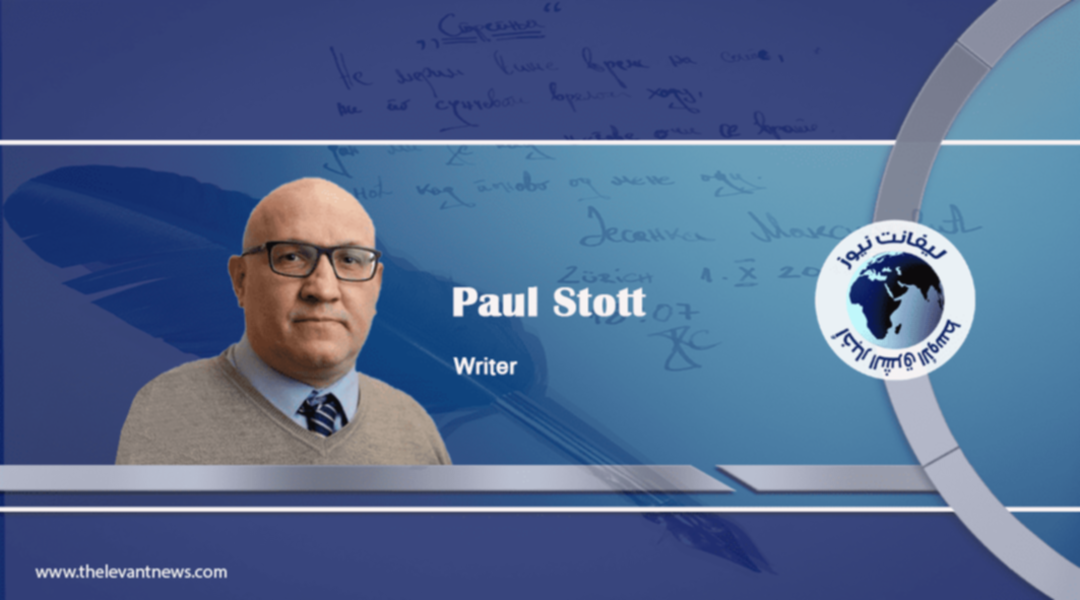-
Behind the debates: Iranian Influence in the UK

As the Iranian elections near, western media coverage of Iran tends to focus on two things. Firstly, the vote scheduled for Monday 18th June. Secondly, the stalled nuclear agreement between Tehran and the world’s powers. An early priority of the Biden administration is the reconstitution of the nuclear deal Barack Obama signed with Iran, that Donald Trump withdrew the United States from in 2018. Behind the headlines surrounding Iran’s Presidential candidates or the intricacies of reconstituting the Joint Comprehensive Plan of Action (JCPOA), what are Iran’s intentions towards the UK? How does it conduct itself in Britain, and what influence does it possess? Iranian Influence
Here, Iran pursues a twin track approach to developing and maintaining influence. One is perfectly legal and open, the other comprises the type of online disinformation and chicanery western liberal democracies have come to expect from countries such as Russia, China and North Korea. The first approach is headed via diplomatic staff based at its embassy, under Ambassador Hamid Baeidinejad, one of the negotiators of the JCPOA. Diplomatic relations between Iran and the UK have historically been mixed, and as recently as 2011 staff were ordered to leave Britain after the Iranian authorities had allowed a mob to smash up the British embassy in Tehran.
Iran is fortunate that its religious structures in this country have not been interfered with by the British authorities. Supreme Leader Ayatollah Khamenei’s current representative in the UK is Seyed Moosavi, based at one of London’s most prominent Shia religious sites, the Islamic Centre of England, in Maida Vale. Mr Moosavi’s predecessor, Mohammad Ali Shomali, has said of his time in post “Regarding the role of the representatives, it is religious in nature and not political.” Iranian clerics in the UK are enthusiastic participants in inter-faith initiatives and outreach work with local elites, and Mr Shomali was considered important enough to meet with senior Scottish officials and politicians at the annual Peace and Unity conference in Glasgow.
Separating the political and the religious, when it comes to a country like Iran, appears impossible. And the merging of the two impacts upon this country. Last year Tehran condemned a film, The Lady of Heaven, written by an exiled Kuwaiti Shia cleric now living in Buckinghamshire, Sheikh Yasser al-Habib. He is denounced by Tehran for allegedly criticising Aisha, one of Muhammad’s wives. After the Secretary of Iran’s Supreme National Security Council, Ali Shamkhan, called on Britain to ban The Lady of Heaven, Ambassador Baeidinejad weighed in. Pointing out the film had been made here in Britain, Baeidinejad described it as an attempt to divide Muslims. Writing to Sunni and Shia Islamic centres across Britain, he called on Muslims in the UK to condemn the picture, and push, within the law, for its proscription. Where, in this dispute, is there a demarcation line between the political and the religious? Such actions also make Britain nervous. Those with long memories will recall the damage to social cohesion on the streets of England when the Ayatollah Khomeini sentenced the British author Salman Rushdie to death for blasphemy, following the publication of The Satanic Verses. Iranian Influence
As well as demanding the laws of Islam be upheld in Britain, Iran has developed a second approach to gaining and maintaining influence in this country. Since at least 2013 the Islamic republic has been behind a series of fake Facebook pages designed to support the Scottish nationalist cause. Here, the intention is to weaken the United Kingdom by encouraging the break-away of one of its constituent parts. Whilst Russian online disinformation often seeks to accelerate division in liberal democracies, stressing opposing viewpoints simultaneously, Iran prefers to establish camouflaged sites which support its politico-religious aims, or at the very least damage an opponent. Sites uncovered in a 2020 US investigation clearly reflected regional Iranian ambitions – Syria-victory.com or Yemenpress.org - but also a surprisingly reflective approach. Who would have associated the domain name criticalstudies.org with the Islamic Revolutionary Guard Corps?
Despite this history, Iran possesses a surprising degree of soft power in the United Kingdom. For some in political traditions on the left, the 1979 Islamic revolution remains a beacon for potential change. Iran is typically viewed as more sinned against than sinner. Those in the anti-war movement who have vigorously critiqued America’s conduct in the Middle East, and Britain’s support for it, have struggled to grasp Iran’s ambitions in Lebanon, Yemen and especially Syria.
We need to understand Iran, and its hostile intentions, far better. Re-establishing the nuclear agreement is not the way to start that challenging test. Iranian Influence
by: Dr Paul Stott levant

Dr Paul Stott is a writer and commentator. Follow him on twitter @MrPaulStott
His report ‘Iranian Influence Networks in the United Kingdom: Audit and Analysis’ was published by the Henry Jackson Society earlier this month.
You May Also Like
Popular Posts
Caricature
BENEFIT Sponsors BuildHer...
- April 23, 2025
BENEFIT, the Kingdom’s innovator and leading company in Fintech and electronic financial transactions service, has sponsored the BuildHer CityHack 2025 Hackathon, a two-day event spearheaded by the College of Engineering and Technology at the Royal University for Women (RUW).
Aimed at secondary school students, the event brought together a distinguished group of academic professionals and technology experts to mentor and inspire young participants.
More than 100 high school students from across the Kingdom of Bahrain took part in the hackathon, which featured an intensive programme of training workshops and hands-on sessions. These activities were tailored to enhance participants’ critical thinking, collaborative problem-solving, and team-building capabilities, while also encouraging the development of practical and sustainable solutions to contemporary challenges using modern technological tools.
BENEFIT’s Chief Executive Mr. Abdulwahed AlJanahi, commented: “Our support for this educational hackathon reflects our long-term strategic vision to nurture the talents of emerging national youth and empower the next generation of accomplished female leaders in technology. By fostering creativity and innovation, we aim to contribute meaningfully to Bahrain’s comprehensive development goals and align with the aspirations outlined in the Kingdom’s Vision 2030—an ambition in which BENEFIT plays a central role.”
Professor Riyadh Yousif Hamzah, President of the Royal University for Women, commented: “This initiative reflects our commitment to advancing women in STEM fields. We're cultivating a generation of creative, solution-driven female leaders who will drive national development. Our partnership with BENEFIT exemplifies the powerful synergy between academia and private sector in supporting educational innovation.”
Hanan Abdulla Hasan, Senior Manager, PR & Communication at BENEFIT, said: “We are honoured to collaborate with RUW in supporting this remarkable technology-focused event. It highlights our commitment to social responsibility, and our ongoing efforts to enhance the digital and innovation capabilities of young Bahraini women and foster their ability to harness technological tools in the service of a smarter, more sustainable future.”
For his part, Dr. Humam ElAgha, Acting Dean of the College of Engineering and Technology at the University, said: “BuildHer CityHack 2025 embodies our hands-on approach to education. By tackling real-world problems through creative thinking and sustainable solutions, we're preparing women to thrive in the knowledge economy – a cornerstone of the University's vision.”
opinion
Report
ads
Newsletter
Subscribe to our mailing list to get the new updates!




















